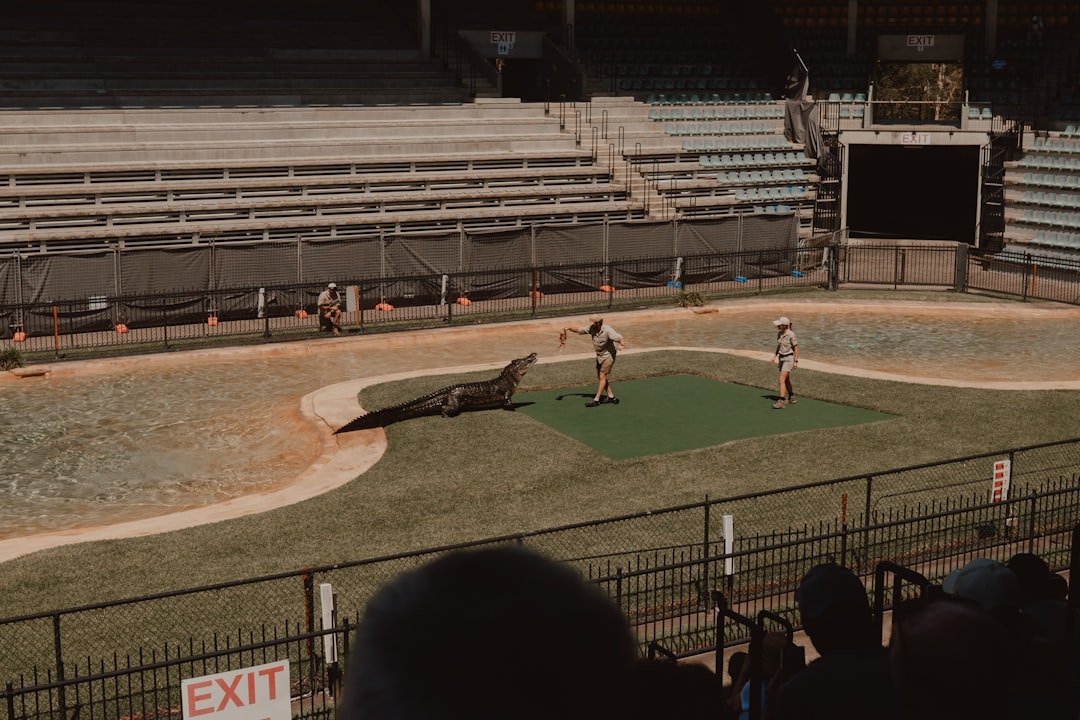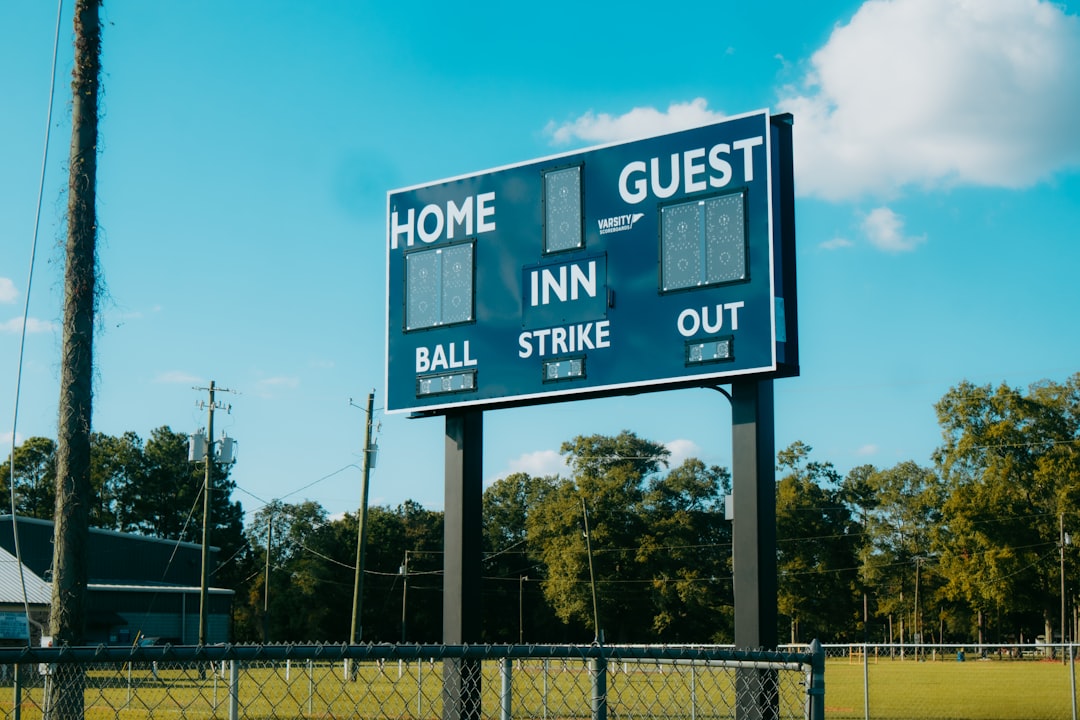Softball, a beloved sport played across parks, school fields, and stadiums worldwide, offers fast-paced action that appeals to players and fans alike. One common question that both newcomers and seasoned spectators often ask is: How long does a softball game last? While the answer depends on several factors—such as the specific league, level of play, and game format—this guide will provide a detailed explanation of the average durations, what influences them, and how to best plan your time when attending or playing in a game.
TLDR (Too Long, Didn’t Read):
A standard softball game typically lasts around 1 to 2 hours, depending on the level of play and various gameplay factors. Most regulation games are composed of seven innings, but certain leagues may use time limits instead. Extra innings, weather delays, and strategic gameplay can extend the length. In general, fastpitch games tend to be quicker than slowpitch due to a more aggressive tempo.
Regulation Length of a Softball Game
Softball games generally follow a set number of innings rather than being dictated by a clock, similar to baseball. Unlike professional baseball which usually consists of 9 innings, standard softball games are played over 7 innings.
Each inning consists of two halves—the top and bottom—where each team gets a chance to bat and field. The visiting team bats in the top half, and the home team bats in the bottom half.
- Fastpitch Softball: The most common format in competitive play, usually completed in about 1.5 to 2 hours.
- Slowpitch Softball: Typically more casual and recreational, generally lasts around 1 to 1.5 hours.
However, it’s important to understand that the stopwatch doesn’t always tell the full story. A variety of conditions can influence the overall game time.
Factors That Affect Game Duration
Several variables can impact how long a game ultimately lasts. Here are some of the most common:
- Level of Competition: Youth and recreational games often go quicker, while high-school, college, or tournament games might take longer due to strategic play and better skill levels.
- Innings Played: If the game is tied at the end of the seventh inning, it may go into extra innings, extending the time.
- Time-Limit Rules: Many recreational or youth leagues use a time-limit rule (such as 60 or 90 minutes), automatically ending the game when time runs out, regardless of innings completed.
- Pace of Play: Factors like frequent pitching changes, team huddles, and mound visits can slow the pace.
- Weather Delays: Rain, lightning, or poor field conditions can pause a game or even lead to rescheduling.

Time-Limited Softball Games
In many amateur and recreational leagues, instead of playing a full 7-inning game, the leagues impose a strict time limit on games. These rules are designed to keep tournaments on schedule and allow for more efficient use of fields.
Common time-limit guidelines include:
- 60-minute game – Often used for youth recreational games.
- 75-minute or 90-minute limits – Found in adult co-ed leagues or tournament play.
Once the designated time ends, the inning in progress is usually completed, and the game concludes—unless the league provides special rules for finishing play or resolving ties.
Innings vs. Time-Limits: A Comparative Look
| Game Format | Typical Length | Common Use |
|---|---|---|
| 7-Inning Game | 90–120 minutes | High school, college, professional, competitive youth |
| Time-Limited Game | 60–90 minutes | Recreational, youth development, tournaments |
This comparison shows how the usage context greatly influences the structure (and thus duration) of a game.
Extra Innings and Game Extensions
When both teams are tied at the end of the seventh inning, the game may go into extra innings. These can continue until a winner is determined, unless the league has specific rules limiting extra innings or invoking a “tiebreaker” scenario. This can add up to 30 minutes or more to a game’s duration.
In fastpitch college and international softball, the “international tiebreaker” rule may be applied starting in the eighth inning. Under this rule, a runner is automatically placed on second base to speed up scoring and promote a quicker ending to the game.
Mercy Rule: Ending the Game Early
Another factor that affects game length is the mercy rule, also called the “run rule.” If one team leads by a significant number of runs after a certain point, the game is called early to prevent further domination.
Common mercy rule standards include:
- Leading by 15 or more runs after 3 innings
- Leading by 10 or more runs after 5 innings
This rule not only maintains sportsmanship but also significantly shortens some games.

Fastpitch vs. Slowpitch Duration
Though the number of innings is the same, the pace of play differs between fastpitch and slowpitch formats:
- Fastpitch: Emphasizes quick pitching and aggressive base running. Games often finish within 90 minutes but can run longer in high-level play.
- Slowpitch: Involves slower, more recreational pitching styles, resulting in more scoring and slightly longer games—though often controlled by time limits.
Each has its own rhythm, and fans often choose based on their preference for speed, intensity, or ease of play.
How to Be Prepared as a Player or Spectator
Whether you’re playing, coaching, or watching from the bleachers, it helps to be prepared:
- Check League Rules: Know whether innings or a time limit apply.
- Bring Essentials: Water, snacks, sunscreen, and seating for games that could run long.
- Expect Variability: Games ending early or running long are not uncommon due to mercy rules or overtime.
Conclusion
A standard softball game usually lasts between 1 to 2 hours, though a variety of factors such as level of play, time limits, and game format can greatly influence this. For the casual fan or parent attending a local game, expect about an hour. For more competitive play or tournaments, plan for extra time in case of extended innings or scheduling delays.
Softball’s flexible structure makes it a great sport to learn, watch, and enjoy without committing an entire day to one event—unless you want to!
Frequently Asked Questions (FAQ)
- 1. How long is a college softball game?
- College softball games usually have 7 innings and take about 2 hours to complete.
- 2. Are all softball games 7 innings?
- No, some youth or recreational leagues may play fewer innings or use time-based rules instead.
- 3. What happens if the game is tied after 7 innings?
- If tied, the game may go into extra innings until a winner is determined, depending on league rules.
- 4. What is the shortest a softball game can be?
- With a mercy rule or quick play, a game can end in as little as 45 minutes.
- 5. Do professional softball games have time limits?
- No, professional games usually continue until all 7 innings are played, and more if necessary.
- 6. Is fastpitch faster than slowpitch?
- Yes, fastpitch games are typically shorter because of their faster pace and fewer runs scored.
